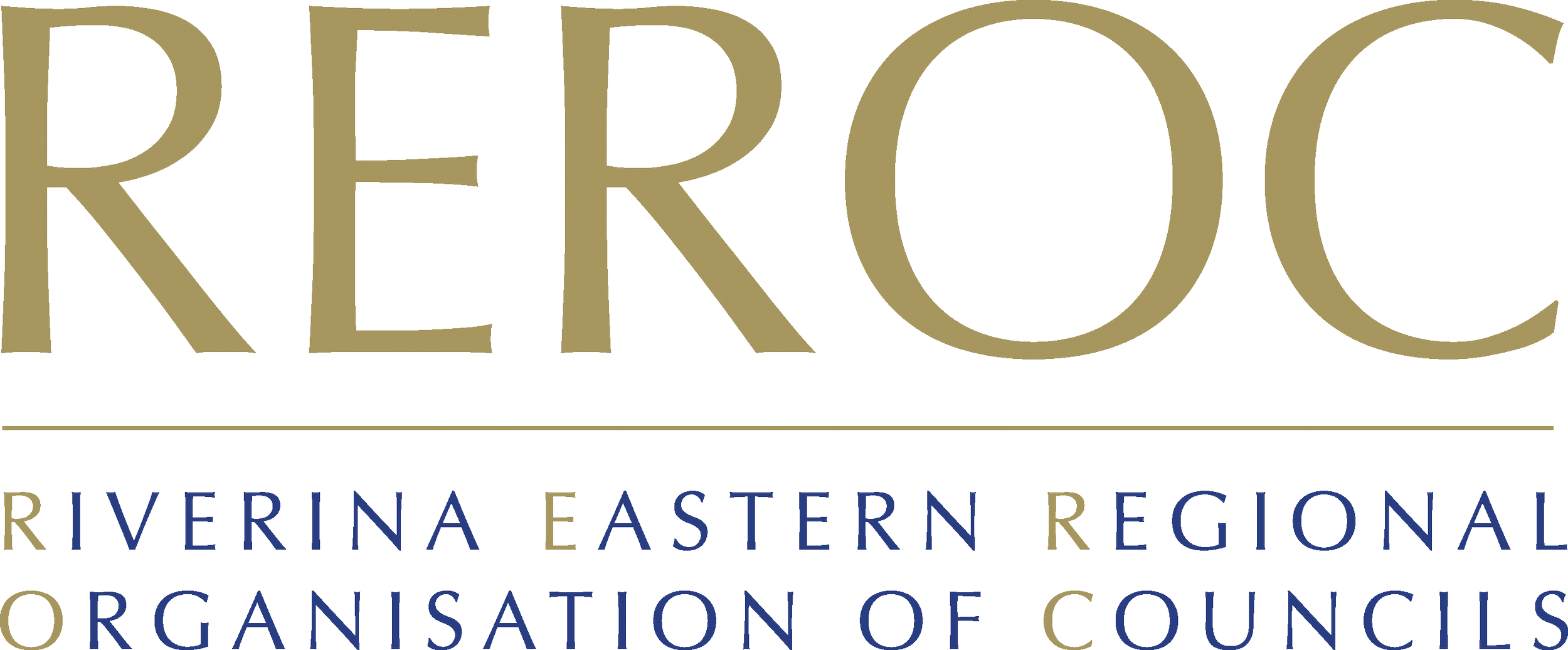Resource Sharing Activities
REROC's main focus is the identification and implementation of resource sharing activities. The activities undertaken have been wide and varied. A number of projects have been investigated with some leading to significant cost savings while others have been shelved because they do not generate savings or cannot be successfully implemented. Resource sharing activities are achieved through both economies of scale and economies of scope.
Resource Sharing Using Economies of Scale
REROC members have embraced opportunities to implement projects that take advantage of the economies of scale that are created when the purchasing needs of member councils are pooled together. Members have initiated a wide variety of group purchasing activities that have included the supply of retail electricity, bulk supply of bitumen emulsion, bulk supply of liquid alum, collection of scrap metal, purchase of waste oil collection facilities and waste oil collection, supply of work clothing, photocopy paper and the purchase of GIS software, upgrades and GPS equipment.
Resource Sharing Using Economies of Scope
REROC has delivered economies of scope projects in two ways; firstly by sharing of existing corporate knowledge to prepare resources to address common issues and secondly through the employment of shared staff to deliver specific projects.
1) Developing Shared Intellectual Property through Sharing Knowledge and Expertise
Many councils struggle with the ever-increasing burden of producing policy documentation or dealing with the implementation of new legislative requirements. REROC has run a number of projects where we have tackled these issues as a group and by doing so have saved time and money while producing quality resources. REROC members volunteer to serve on a Working Party for a specific project to develop resource materials, generic materials are produced, which are customised for use by individual members.
2) Sharing Knowledge through Professional Development
REROC also has a number of sub-committees that meet on a regular or as-needed basis to share information, they include: Riverina Spatial Information Group, Waste Forum, Youth & Community Development Network, Engineers' Group and Social Planning.
3) Sharing Staff to Deliver Specific Projects
Councils across the region have always looked for opportunities to share staff in order to improve efficiency and increase service delivery. This has occurred and continues to occur between member councils without the need for REROC's assistance.
REROC has also looked for opportunities to increase levels of service provision through the use of shared staff. There are currently four areas where this has occurred; the Road Safety Project, Waste Forum Projects, a Regional Stormwater Extension Officer and the Special Projects Officer.

